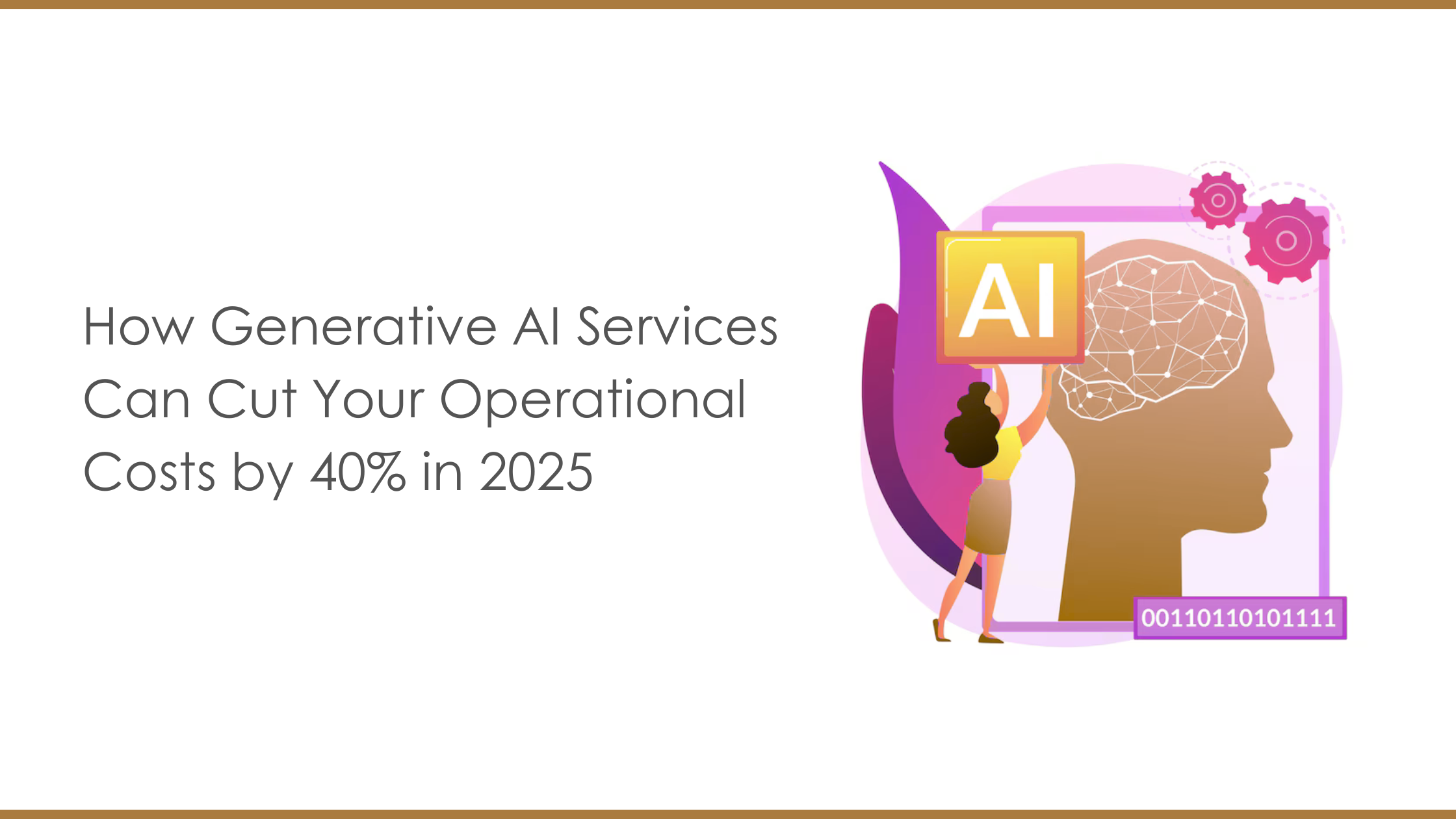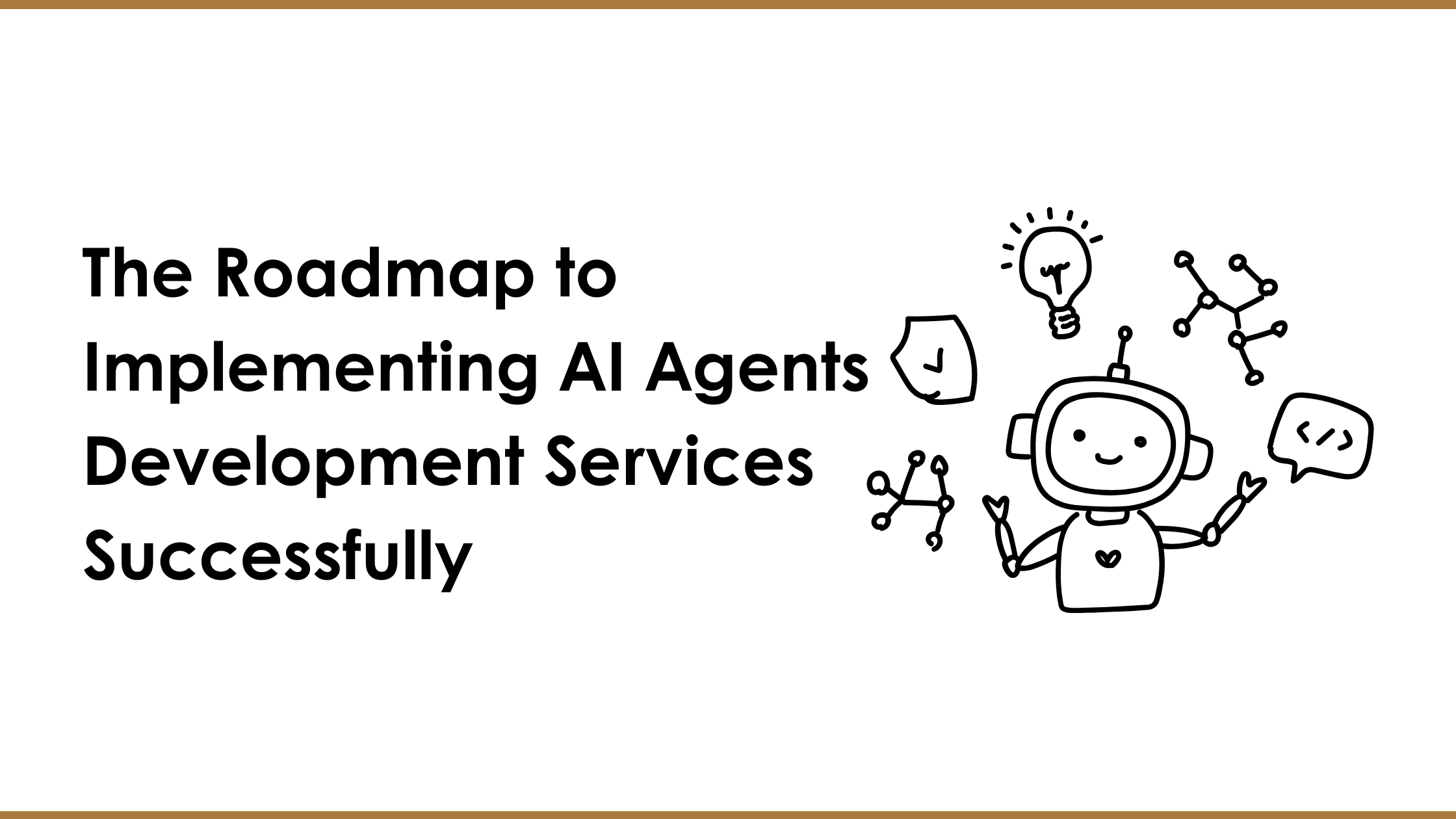Conversational AI Solutions: The Future of Customer Engagement

Strong 8k brings an ultra-HD IPTV experience to your living room and your pocket.
In today's digital age, customers expect seamless and personalized interactions with businesses across various channels. Conversational AI solutions have emerged as a powerful tool to meet these expectations, enabling businesses to engage with customers in natural, human-like conversations through text or voice interfaces.
What is Conversational AI?
Conversational AI, also known as chatbots or virtual assistants, is a branch of artificial intelligence that focuses on enabling computers to understand, process, and respond to human language in a conversational manner. It leverages technologies like natural language processing (NLP), machine learning (ML), and natural language understanding (NLU) to interpret user intent, generate relevant responses, and even perform tasks on behalf of the user.
Benefits of Conversational AI Solutions
24/7 Availability: Unlike human agents, conversational AI solutions can operate around the clock, providing customers with instant support and assistance at any time of day or night.
Improved Customer Experience: Conversational AI can deliver personalized and contextually relevant responses, creating a more engaging and satisfying customer experience.
Increased Efficiency: By automating routine tasks and inquiries, conversational AI frees up human agents to focus on more complex and value-added activities.
Cost Reduction: Implementing conversational AI solutions can significantly reduce operational costs associated with customer support, such as salaries, training, and infrastructure.
Scalability: Conversational AI solutions can easily scale to handle large volumes of inquiries, ensuring that customers receive timely assistance even during peak periods.
Data-Driven Insights: Conversational AI platforms can collect and analyze valuable customer data, providing businesses with insights into customer preferences, pain points, and behavior.
Use Cases for Conversational AI Solutions
Conversational AI solutions have a wide range of applications across various industries, including:
Customer Service: Providing instant answers to frequently asked questions, troubleshooting issues, and routing inquiries to the appropriate department.
Sales and Marketing: Qualifying leads, nurturing prospects, and providing product recommendations based on customer preferences.
Human Resources: Assisting with onboarding new employees, answering HR-related questions, and scheduling interviews.
Healthcare: Providing patients with health information, scheduling appointments, and reminding them to take medications.
Education: Delivering personalized learning experiences, answering student questions, and grading assignments.
Ethical Considerations and Challenges in Conversational AI
As conversational AI becomes more sophisticated and integrated into daily life, ethical considerations become paramount. Businesses must be transparent about when users are interacting with AI and ensure that conversations are not manipulative. Data privacy is also a concern, as conversational AI systems often collect and analyze user data. It's crucial to have robust security measures and clear data usage policies in place. Moreover, biases in AI algorithms can lead to discriminatory or unfair outcomes. Businesses must proactively work to identify and mitigate biases in their conversational AI systems.
Key Considerations for Implementing Conversational AI
Define Your Goals: Clearly define your objectives for implementing conversational AI. What are you hoping to achieve? Improved customer satisfaction, increased efficiency, or cost reduction?
Choose the Right Platform: Evaluate different conversational AI platforms based on your specific needs and budget. Consider factors such as ease of use, scalability, integrations, and customization options.
Design Conversational Flows: Create conversational flows that are intuitive, engaging, and tailored to your target audience. Use clear and concise language, and avoid complex jargon.
Train Your AI Model: Invest in training your AI model with relevant data to ensure accurate and helpful responses. Regularly review and update your model to improve its performance.
Monitor and Optimize: Continuously monitor your conversational AI solution's performance and gather feedback from users. Use this data to identify areas for improvement and optimize your conversational flows.
Conclusion
Conversational AI solutions have the potential to revolutionize the way businesses interact with customers. By implementing these solutions strategically, businesses can enhance customer experience, improve efficiency, and drive business growth.
Note: IndiBlogHub features both user-submitted and editorial content. We do not verify third-party contributions. Read our Disclaimer and Privacy Policyfor details.







